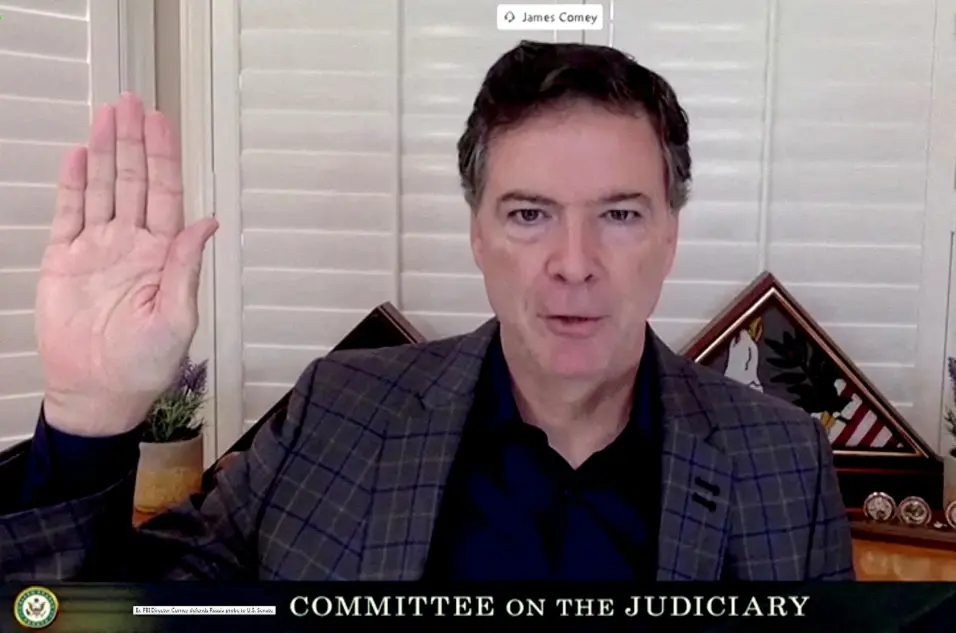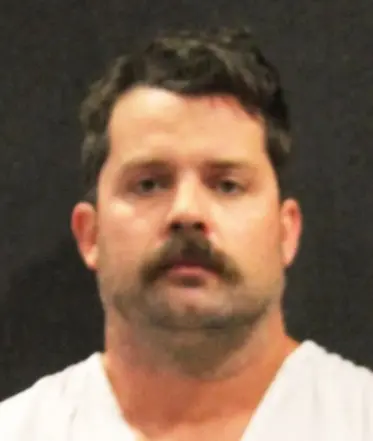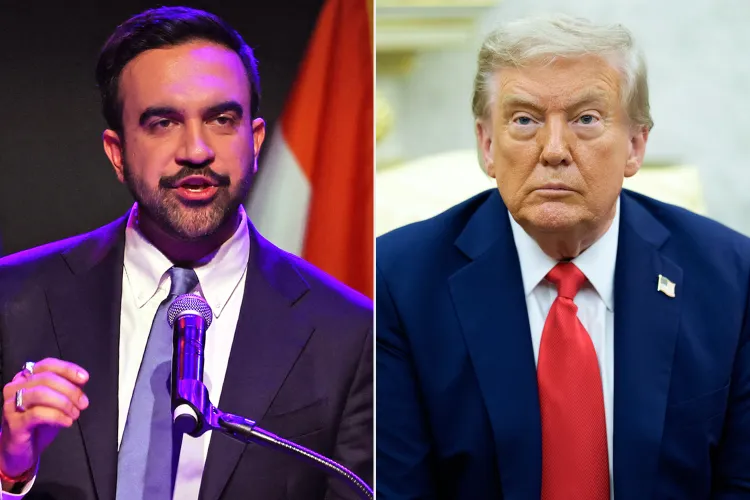James Comey Secures Key Victory in Criminal Case as Federal Judge Publicly Rebukes Prosecutors for Withholding Evidence
Former FBI Director James Comey, once one of the most polarizing figures in American politics, notched a significant legal victory this week after a federal judge issued a scathing rebuke of prosecutors in his ongoing criminal case. The dramatic courtroom exchange, which unfolded Wednesday in Washington, D.C., marked a turning point in the high-profile case that has pitted the former intelligence chief against federal authorities who accuse him of lying to Congress about his role in leaking confidential information.
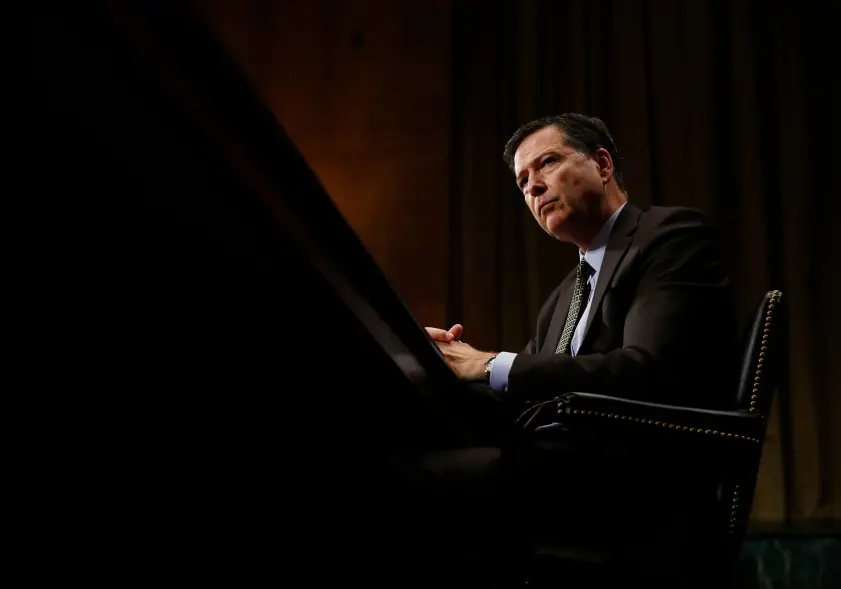
According to court transcripts and multiple reports, the hearing grew tense as U.S. District Judge Raymond Halpern criticized prosecutors for what he called “unacceptable delays” and “questionable transparency” in their handling of evidence central to Comey’s defense. At one point, the judge reportedly raised his voice, demanding that the prosecution “hand over everything immediately” to Comey’s legal team. “This is not how justice is done,” Halpern said, according to sources inside the courtroom. “The integrity of the process matters more than the politics behind it.”
For Comey, who has spent years in the crosshairs of both Republican and Democratic critics, the moment represented a rare reprieve in a saga that has defined much of his post-FBI career. His attorneys, who have long argued that the case against him was politically motivated, emerged from the hearing visibly relieved. Lead defense lawyer Michael Brantley told reporters outside the courthouse, “We’re encouraged by the court’s insistence on fairness. Mr. Comey has maintained from the beginning that he acted within the law, and today’s ruling brings us one step closer to proving that.”
The case stems from allegations that Comey knowingly provided confidential investigative information to journalists in 2017, shortly after his controversial firing by then-President Donald Trump. Prosecutors claim Comey later misled Congress during testimony about his communications with the media. The defense has countered that the so-called “leaks” in question were neither classified nor unlawful and that Comey’s statements to lawmakers were consistent with his understanding of authorized disclosures.
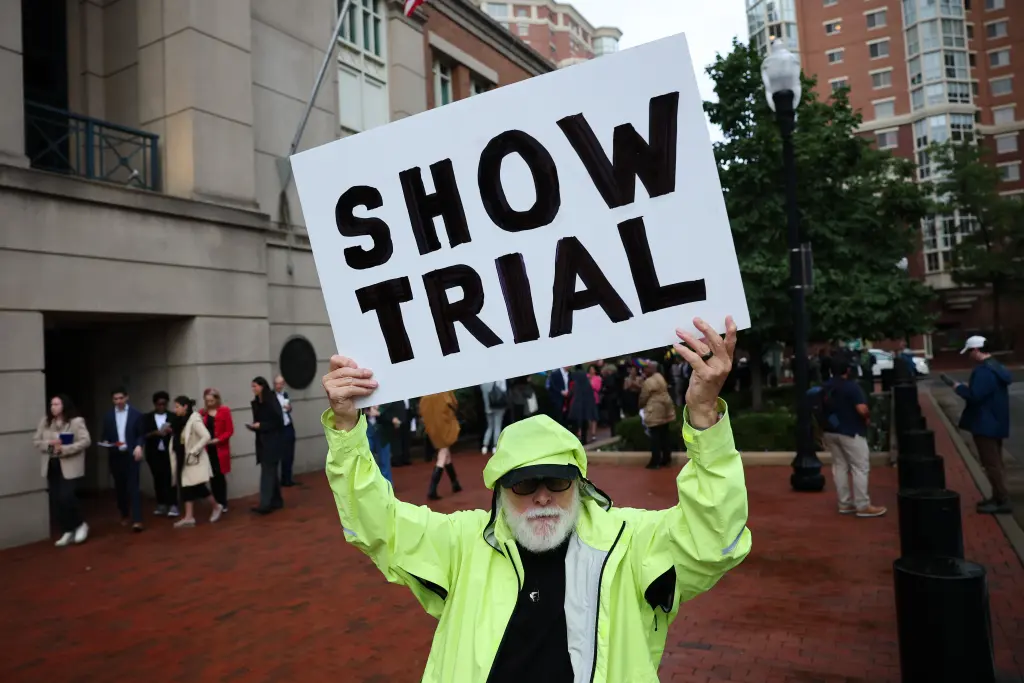
At the heart of Wednesday’s confrontation was a cache of internal FBI communications that defense attorneys say could exonerate Comey by showing he had informal approval from senior officials to share specific details with the press. Prosecutors, however, had failed to turn those documents over despite previous court orders. When questioned by Judge Halpern, the lead prosecutor cited “administrative oversight” and “ongoing national security review” as reasons for the delay — explanations that drew a sharp response from the bench.
“I’m not interested in excuses,” Halpern snapped, according to courtroom observers. “When a man’s liberty and reputation are on the line, delays are not a clerical matter. They’re a constitutional one.”
Comey, who sat quietly at the defense table during much of the exchange, appeared composed but visibly tense. Wearing a dark suit and mask, he nodded slightly as his attorneys argued that prosecutors were “playing procedural games” to withhold materials that could clear his name. At one point, Brantley told the court, “This is not about politics — it’s about process. Mr. Comey has been vilified for years. All we ask for is access to the truth.”
Outside the courthouse, the media throng that gathered mirrored the divided public sentiment that has followed Comey since his dismissal as FBI director. Supporters described the judge’s rebuke as a “victory for due process,” while critics claimed it was another example of the justice system bending to powerful insiders. Yet for Comey himself, who has spent years defending his integrity in interviews and in his best-selling memoir, the moment carried personal weight.
“This isn’t about vindication,” a source close to Comey told The New York Post. “It’s about finally getting a fair shake after years of being used as a political pawn. He just wants the facts to come out.”
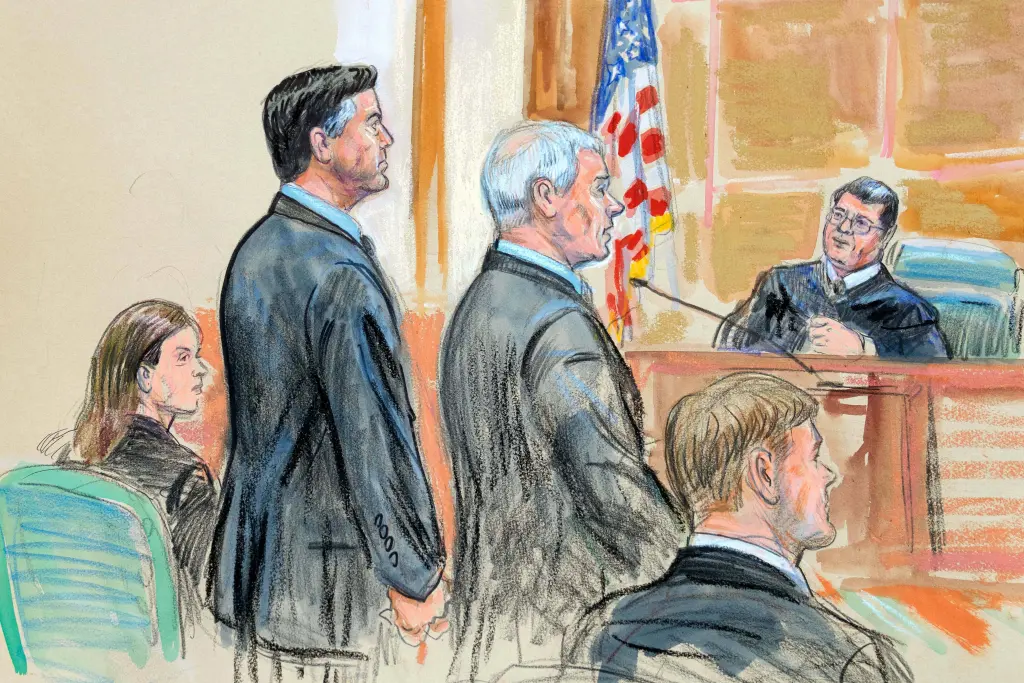
The criminal case has been fraught with political undertones since its inception. Conservatives have long accused Comey of mishandling the FBI’s investigation into Hillary Clinton’s private email server and later of attempting to undermine President Trump through what they describe as politically charged leaks. Meanwhile, Comey’s defenders argue that he was targeted precisely because he stood up to political pressure and prioritized the Bureau’s independence.
Wednesday’s hearing underscored how deeply those divisions remain. The judge’s frustration reflected broader public skepticism about prosecutorial integrity in politically sensitive cases. Legal analysts say the ruling could set the stage for broader scrutiny of how the Justice Department has handled investigations involving former officials in recent years.
Former federal prosecutor Elie Honig told CNN, “When a judge openly reprimands prosecutors for mishandling evidence, that’s serious. It suggests there may be systemic issues at play, not just in this case but in how these politically charged prosecutions are managed.”
Comey’s legal team is expected to file a motion next week seeking dismissal of certain charges on grounds of prosecutorial misconduct. While such motions are rarely successful, experts say the tone of Wednesday’s hearing improves Comey’s chances considerably. “If the defense can show that evidence was deliberately withheld or mishandled, the judge could throw out parts of the case or sanction the prosecution,” said legal analyst Lisa Rubin. “That would be a major blow to the government’s credibility.”
The Justice Department has yet to comment publicly on the judge’s remarks, but sources say internal discussions are already underway about how to respond. One senior DOJ official, speaking on condition of anonymity, admitted the situation was “embarrassing” and could “undermine confidence” in the case moving forward.
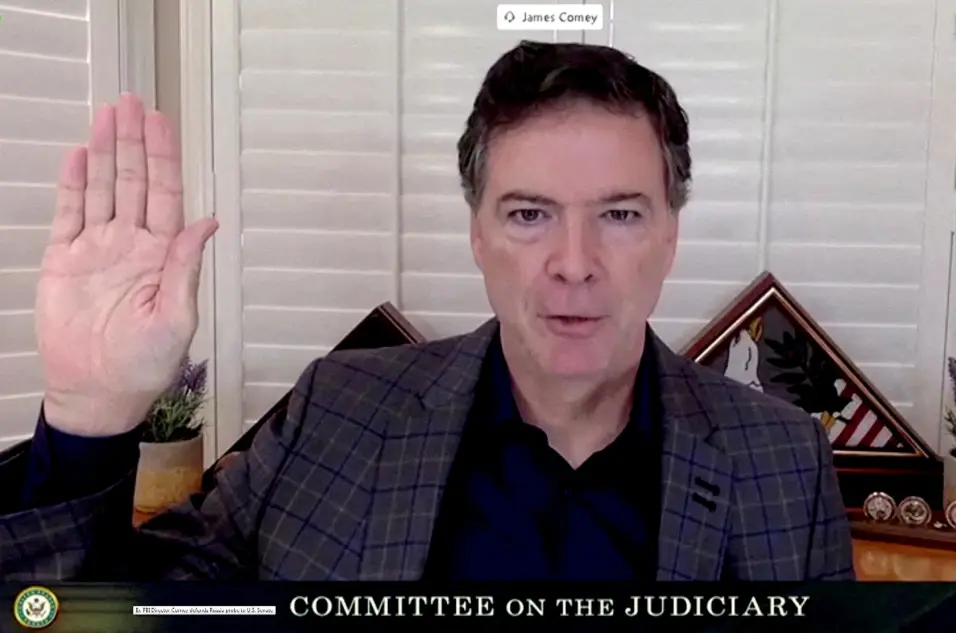
For Comey, the courtroom victory may be as much symbolic as it is legal. The former FBI chief, who was once one of the most trusted figures in American law enforcement, has spent the last several years rebuilding his public image after being cast alternately as hero and villain in Washington’s partisan battles. His dismissal by Trump in May 2017 sparked a political firestorm that led to the appointment of Special Counsel Robert Mueller — and forever linked Comey’s name to one of the most turbulent periods in modern political history.
Since leaving government, Comey has kept a relatively low profile, occasionally speaking at universities or appearing in interviews where he has reflected on leadership, ethics, and public service. Yet, despite his efforts to stay out of political fray, his name continues to resurface in debates over accountability, transparency, and the limits of executive power.
As he left the courthouse on Wednesday, Comey declined to take questions but briefly thanked his supporters before stepping into a waiting vehicle. “I believe in the justice system,” he said softly. “That’s all I’ve ever asked for — a fair process.”
For those who have followed Comey’s trajectory from FBI director to political lightning rod to criminal defendant, the moment carried an almost cinematic quality — a man once tasked with upholding justice now fighting to prove that justice still applies to him.
Legal experts caution that the battle is far from over. The prosecution still holds significant leverage, and the full scope of evidence remains under seal. However, Wednesday’s developments could shift momentum in Comey’s favor, at least temporarily. “The judge’s tone made it clear that patience is wearing thin,” Rubin noted. “If the government doesn’t clean this up quickly, the case could unravel.”
For now, the former FBI chief finds himself where he has been so many times before — at the center of a storm that blurs the lines between law, politics, and perception. But as he walked out of the courthouse under the glare of cameras, there was a trace of something in his expression that hadn’t been there in years: relief.
“James has always said the truth will come out,” said his longtime friend and former colleague Chuck Rosenberg. “Maybe, just maybe, this is the beginning of that.”
